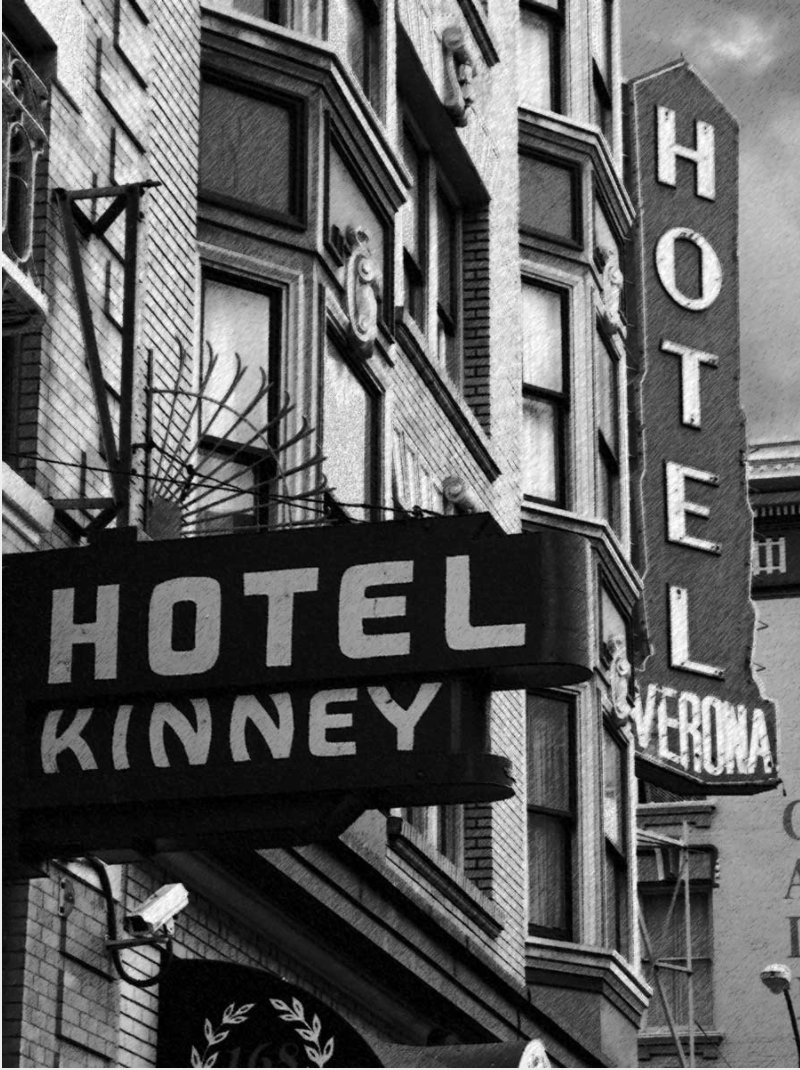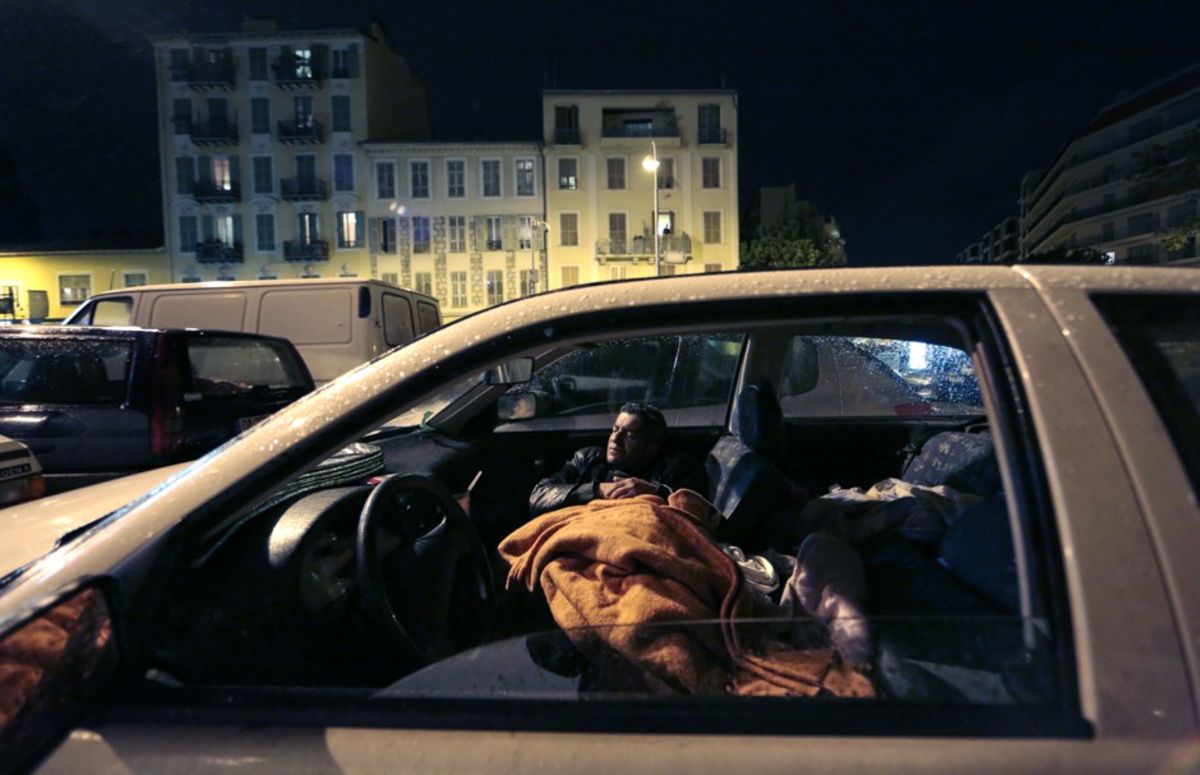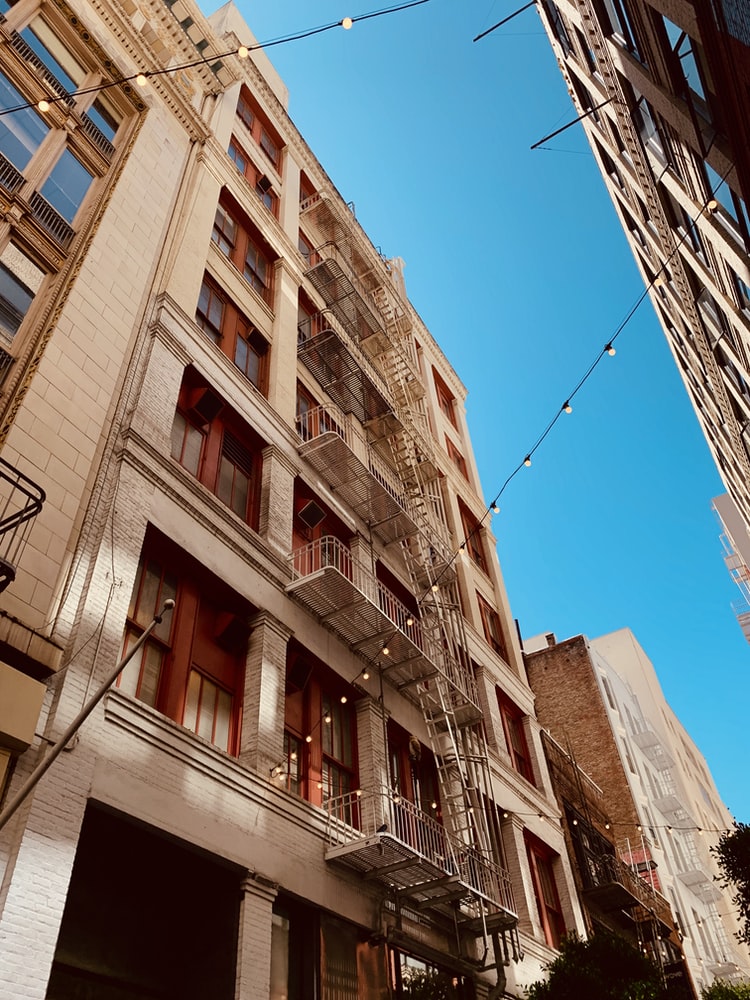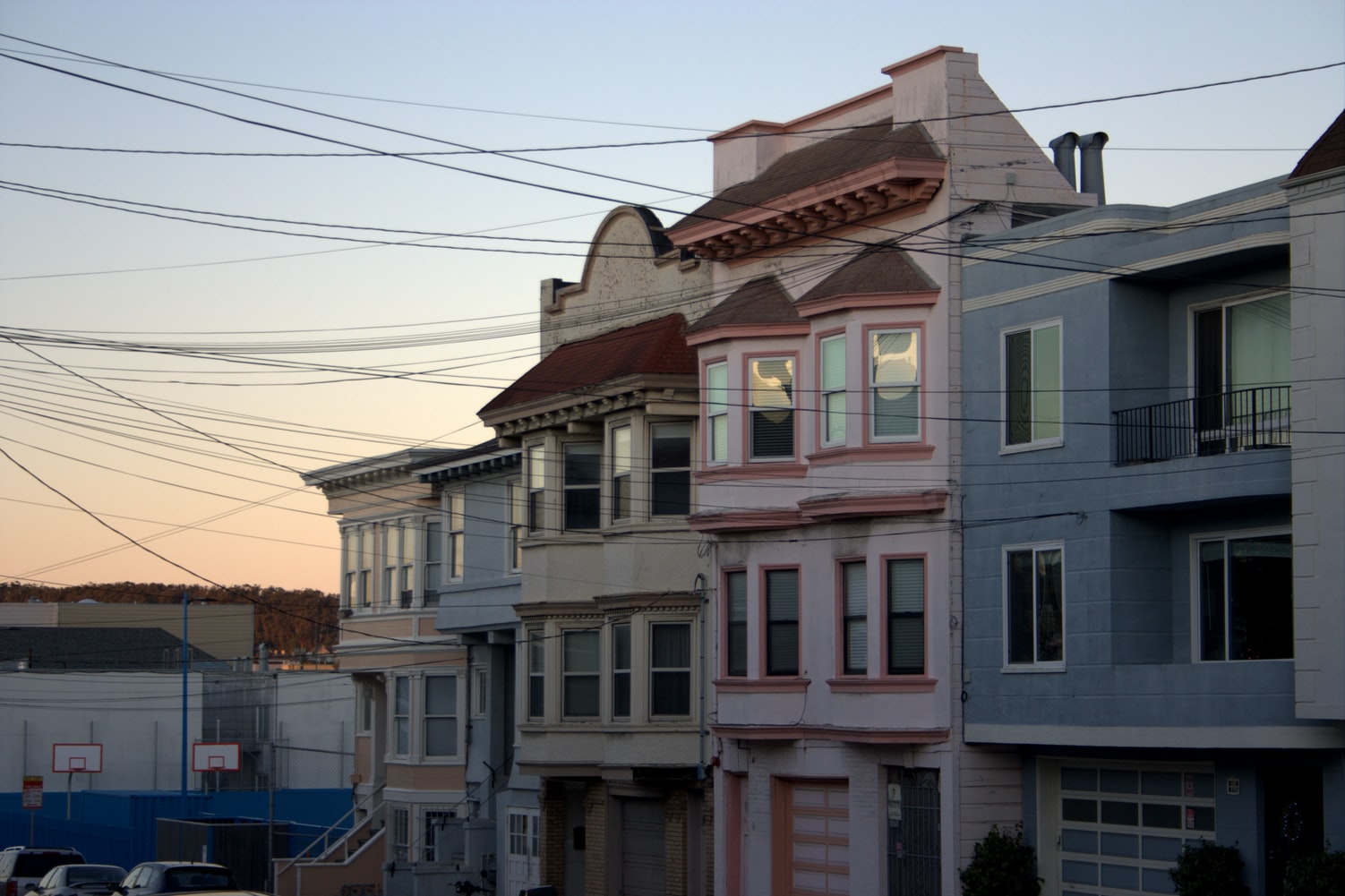Difference between revisions of "Building"
RoyalBatty (talk | contribs) (→Small And Medium Houses) |
RoyalBatty (talk | contribs) (→Large Houses) |
||
| Line 335: | Line 335: | ||
A medium house gets you (by default) modest home with 2 bedrooms, 1 or 2 bathrooms and a single car garage. You may repurpose these grid squares, but you are expected to work with 3 grid squares and describe a space that reasonably could fit inside of 1,200 square feet (112 square meters), which itself would be found on a lot that is 1,875 square feet (174 square meters). | A medium house gets you (by default) modest home with 2 bedrooms, 1 or 2 bathrooms and a single car garage. You may repurpose these grid squares, but you are expected to work with 3 grid squares and describe a space that reasonably could fit inside of 1,200 square feet (112 square meters), which itself would be found on a lot that is 1,875 square feet (174 square meters). | ||
| − | + | '''Large Houses:''' A large house requires Resources 4 and gets you (by default) a home with 3 or 4 bedrooms, 2 or 3 bathrooms and a one-or-two car garage. Again, city lots in San Francisco tend to cap out at 1,875 square feet (174 meters), so the house needs to fit on that. For example, you have a 500 square foot yard and the two-story home on top is 2,500 square feet (lavish!). That isn't to say you need to specifically call out the measurements of the home in your descs. Rather, just be realistic about what can fit in there. No sprawling mansions with a half acre yard. We'd kill for a fraction of that in SF. | |
| − | A large house requires Resources 4 and gets you (by default) a home with 3 or 4 bedrooms, 2 or 3 bathrooms and a one-or-two car garage. Again, city lots in San Francisco tend to cap out at 1,875 square feet (174 meters), so the house needs to fit on that. For example, you have a 500 square foot yard and the two-story home on top is 2,500 square feet (lavish!). That isn't to say you need to specifically call out the measurements of the home in your descs. Rather, just be realistic about what can fit in there. No sprawling mansions with a half acre yard. We'd kill for a fraction of that in SF. | ||
| − | |||
</div> | </div> | ||
Revision as of 21:25, 3 August 2021
Players can build whatever they want at their discretion through use of the building code which exists to keep everything organized. You can build places you ICly own or places your NPCs own or public/abandoned places. Please note, your character is going to be trackably connected to any building in their +inv. For example, if you have an apartment in your +inv, your name is on the lease. You can use the +inv/give command to defer papertrails to your NPCs or other characters.
Contents
How To Build!
The build system is mostly automated. Step one to getting a building is purchasing it! Type +eq/list buildings to see your options and then +eq/buy <choice> to add a building to your inventory.
Next, go to the location that you wish to build this thing in. Type +build <name of thing you bought> in that gridspace. A room or series of rooms will be laid out for you. Walk into the room!
You will then be presented with a prompt to type +instructions which show you the commands you can use to redescribe and rearrange and rename the space from its automated defaults.
When naming your space, +hangouts works by looking at the LAST part of the room name (whatever is after the dash) and to add your build to a hangouts search. So if you name your place "Jimmy's Bar - Main Room", it won't show up on a hangouts search for bars. If you name your place "Jimmy's - Bar" or just "Jimmy's Bar", it will show up on a hangouts search.
Where Can I Build?
Our grid has a combination of real-world places and mirrors/parodies thereof. For example, DNA Lounge is replaced with 'Double Helix' and Tomasso's replaced with 'Vittorio's'. Players looking for a spot to put their businesses are encouraged to look up a business similar to it and then just put it there as a replacement. When you do that, you aren't expected to make it a carbon copy of the place you're replacing, just a generic match of the overall vibe and type of place. The objective here is to keep the vibe of each district appropriate to San Francisco, so seedy corner stores go in the Tenderloin, and snooty wine bars go in Marina and Nob Hill, and so on.
| District | Mansions | Houses | Apartments | SROs | Commercial (Stores, Shops, Clubs...) | Industrial (Warehouses, Factories...) |
|---|---|---|---|---|---|---|
| Civic Center | N/A | N/A | Yes | Yes | Yes | N/A |
| The Tenderloin | N/A | N/A | Yes | Yes | Yes | N/A |
| Folsom | N/A | N/A | Yes | Yes | Yes | Yes |
| Financial District | N/A | N/A | Yes | N/A | Yes | N/A |
| Chinatown | N/A | N/A | Yes | Yes | Yes | N/A |
| Hunters Point | N/A | Yes | Yes | N/A | Yes | Yes |
| North Beach | N/A | Yes | Yes | Yes | Yes | N/A |
| Potrero Hill | N/A | Yes | Yes | N/A | Yes | N/A |
| The Presidio | Yes | Yes | Yes | N/A | Yes | N/A |
| Mission District | N/A | Yes | Yes | Yes | Yes | Yes |
| The Castro | N/A | Yes | Yes | N/A | Yes | N/A |
| Haight-Ashbury | N/A | Yes | Yes | N/A | Yes | N/A |
| Sunset District | N/A | Yes | Yes | N/A | Yes | N/A |
| The Richmond District | N/A | Yes | Yes | N/A | Yes | N/A |
| Fisherman's Wharf | N/A | N/A | N/A | N/A | Yes | N/A |
| Yerba Buena | N/A | N/A | Yes | Yes | Yes | N/A |
| South Beach | N/A | N/A | Yes | N/A | Yes | N/A |
| Mission Bay | N/A | N/A | Yes | N/A | N/A | Yes |
| Sea Cliff | Yes | Yes | Yes | N/A | N/A | N/A |
| Nob Hill | Yes | N/A | Yes | N/A | Yes | N/A |
| Pacific Heights | Yes | Yes | Yes | N/A | Yes | N/A |
| Fillmore District | N/A | Yes | Yes | N/A | Yes | N/A |
| Marina District | Yes | N/A | Yes | N/A | Yes | N/A |
| Dogpatch | N/A | Yes | Yes | N/A | Yes | Yes |
| Pier 70 | N/A | N/A | N/A | N/A | N/A | Yes |
| Cole Valley | Yes | Yes | Yes | N/A | Yes | N/A |
Housing Options
SROs
Then there’s the problem of how to eat the meal. The family’s tight dwelling is slightly wider and longer than the size of a double bed, with no space for a table. Li, her husband, son and daughter must sit one next to the other on the edge of the lower half of a bunk bed, balancing bowls in their laps.
“Dinner is quick and fast,” Li says using the dialect spoken in her southern Chinese hometown of Toishan. “It doesn’t even feel like the family is eating together.”
-A Community Living Room For Immigrant Families
An SRO (Single Room Occupancy) is an 8 foot by 10 foot space in which many low-income and immigrant families somehow manage to fit their entire household, for better or worse. The bathrooms are shared with the other residents in the hallway, and sometimes you might find a communal kitchen. Each individual room, however, has a sink and 80 square feet. That's it. Make it work. The living conditions of SROs are, in a word, poor, and often shocking. As the residents tend to be low-income or undocumented, they struggle (financially and legally) to hold their predatory and negligent landlords accountable, and so conditions continue to deteriorate.
In character generation, if you have Resources 1, your character qualifies for an SRO and you will be prompted to choose whether to live in either that or a car (or suggest some creative alternative, but these are the standard options for Resources 1). You can build an SRO in the Civic Center, the Tenderloin, Folsom, Chinatown, North Beach, Mission District, and Yerba Buena grid squares.
Characters with Resources 0 can obtain an SRO ICly through applying to a social program, OOCly by sending in a +request. There is a possibility that your request will be ICly denied by the city.
Read more:
Your Car
With housing prices like this, why not live in your goddamn car? Cars are buildable on Modern Nights, so you technically can get creative and use your vehicle as your living space. Welcome to San Francisco.
In character generation, if you have Resources 1, your character can obtain a vehicle, but it's either a car or an SRO, not both. You can then use the car code to generate an object (see +help cars) and use that as your humble abode.
Read more:
Apartments
Studio Apartments And One Bedrooms: The most typical situation is a low to mid-rise apartment complex (10 stories or less) in a building from the 1920s-1930s. Studio apartments and one-bedrooms require a Resources score of 2. If you opt to live in a Studio, we'll give you 1 grid room. If you ask for a One-Bedroom, we give you 2 grid rooms.
Two And Three Bedroom Apartments: Two and three bedroom apartments require a Resources score of 3. A two-bedroom apartment grants 3 grid rooms and a four-bedroom apartment grants 4 grid rooms. We do allow people to pool backgrounds, such as resources, so if you wanted to share your grid squares with IC room mates, then a multiple bedroom apartment such as these may work for you and your group.
Houses
Small And Medium Houses: A small house gets you (by default) a 1 bedroom, 1 bathroom home atop a single-car garage. You may repurpose these grid squares, but you are expected to work with 3 gridsquares and describe a space that reasonably could fit inside of 800 square feet (75 square meters), which itself would be found on a lot that is 1,875 square feet (174 square meters).
A medium house gets you (by default) modest home with 2 bedrooms, 1 or 2 bathrooms and a single car garage. You may repurpose these grid squares, but you are expected to work with 3 grid squares and describe a space that reasonably could fit inside of 1,200 square feet (112 square meters), which itself would be found on a lot that is 1,875 square feet (174 square meters).
Large Houses: A large house requires Resources 4 and gets you (by default) a home with 3 or 4 bedrooms, 2 or 3 bathrooms and a one-or-two car garage. Again, city lots in San Francisco tend to cap out at 1,875 square feet (174 meters), so the house needs to fit on that. For example, you have a 500 square foot yard and the two-story home on top is 2,500 square feet (lavish!). That isn't to say you need to specifically call out the measurements of the home in your descs. Rather, just be realistic about what can fit in there. No sprawling mansions with a half acre yard. We'd kill for a fraction of that in SF.
Guidelines
Most of the SF grid consists of 2 paragraphs and about 250 words max. More info coming soon, like what buildings here are like! In the meantime: WE HAVE EARTHQUAKES! Unreinforced brick requires a seismic retrofit! :)



